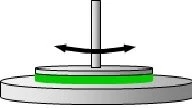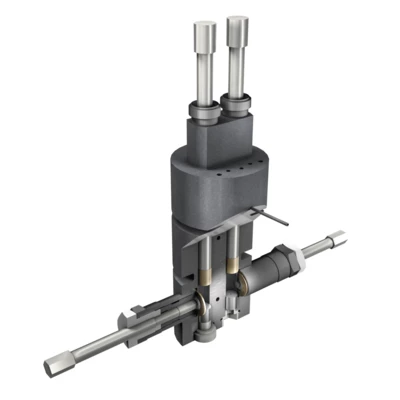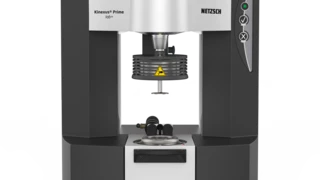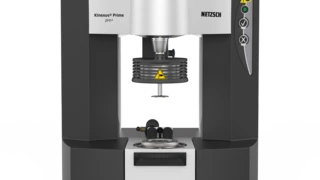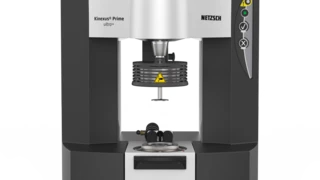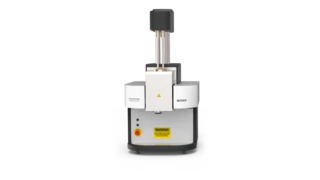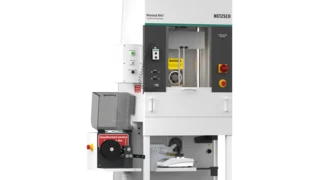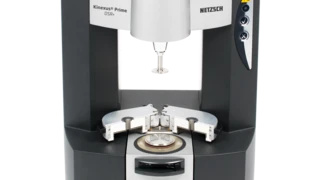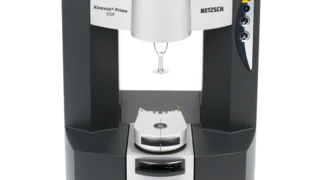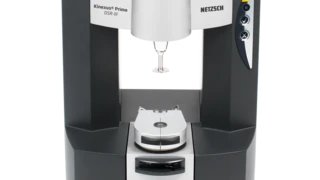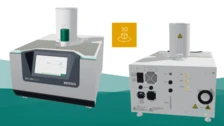
Products
Rheometers
What is Rheology?
Rheology is the measure of deformation and flow of a material and provides an important link between product microstructure and performance. A formulators’ goal is to produce a product which meets the desired performance criteria by controlling its microstructure and ultimately its rheology.
Not only is rheology an essential analytical tool for the R&D industry, it is also a valuable performance indicator for the QC environment. The ability to customize and create bespoke methods within the software makes its performance in a QC lab paramount. Methods can include specific instructions according to sample type, pass-fail criteria, automatic analysis, save, export and report generation all with the push of one button.
NETZSCH Analyzing & Testing is the only company on the market that offers both rotational and capillary rheometers and, in combination with other thermal analysis instruments such as Differential Scanning Calorimetry (DSC), provides extensive analysis capabilities from a single source.
Method Overview
Rheology - The Heart of Formulation and Processing
There are two types of rheometers: rotational and high-pressure capillary. The main difference between the two is the applied shear rate.
Why is it important to measure under different shear rates? We can build a picture of our materials, gaining insight on how formulation may influence rheology and in turn, affect processing and performance. How they behave at rest may be completely different to behavior during manufacture, transport, application or over time.
The shear rate, which is of great interest for rheological measurements, is dependent on the application. Spraying, for example, requires high shear rates, other applications such as sedimentation are related to low shear rates. Accordingly, the choice of the rheometer depends on the required shear rate. While the Kinexus, as a rotational rheometer, is the instrument of choice to measure in the low shear rate range, one will work with a Rosand capillary rheometer to reach high shear rates up to 1,000,000 s-1.
NETZSCH is the only company on the market, offering both types of rheometer and, in combination with other thermal analysis instruments, creates far-reaching analysis possibilities from a single source.
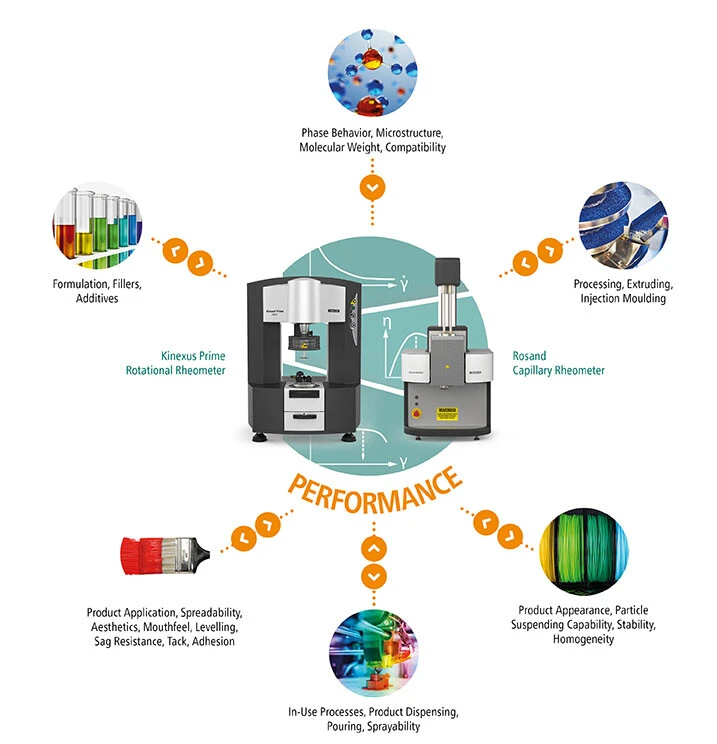
Perfecting your Processes: Which instrument matches your needs?
Whether you need to measure the structure of a solid or determine the performance when pumping, with over 14 decades of shear rate in rheometry, we have instruments to help you.
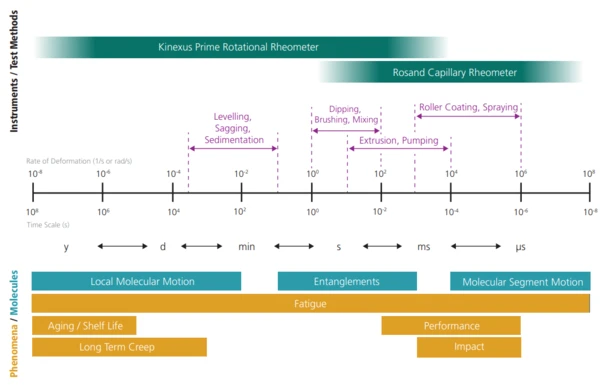
How can rheology help you?
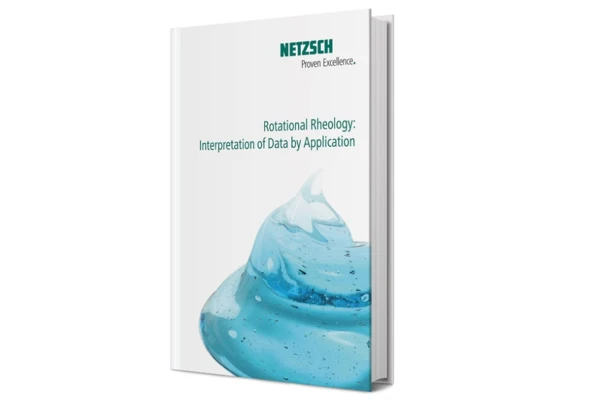
Application book: Rotational Rheology: Interpretation of Data by Application
On more than 100 pages, it shows many exemplary measurements from the fields of:
- Paints, Coatings & Inks
- Polymers
- Food
- Pharmaceuticals & cosmetics
- Bitumen, petrochemical and miscellaneous.
- In an introduction, the basic concepts of rheology are explained, making this a small standard work, especially for beginners but also for advanced users.
Application book: Capillary Rheology: Interpretation of Data by Application
This new booklet delivers an introduction to the technology and subject area, discusses application examples, shows how to characterize fundamental material properties and provides measurements using advanced techniques.
The booklet provides an insight into how shear and extensional properties can influence behavior in application, whilst allowing processing problems to be investigated and production to continue on the factory floor. This highlights the importance and benefits for the material producer, processor and researcher.

Application Literature
Videos

